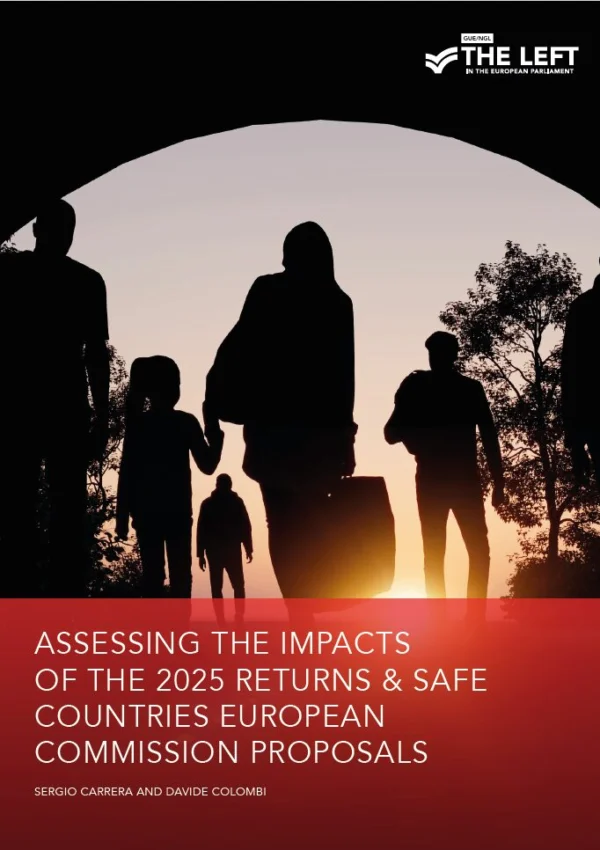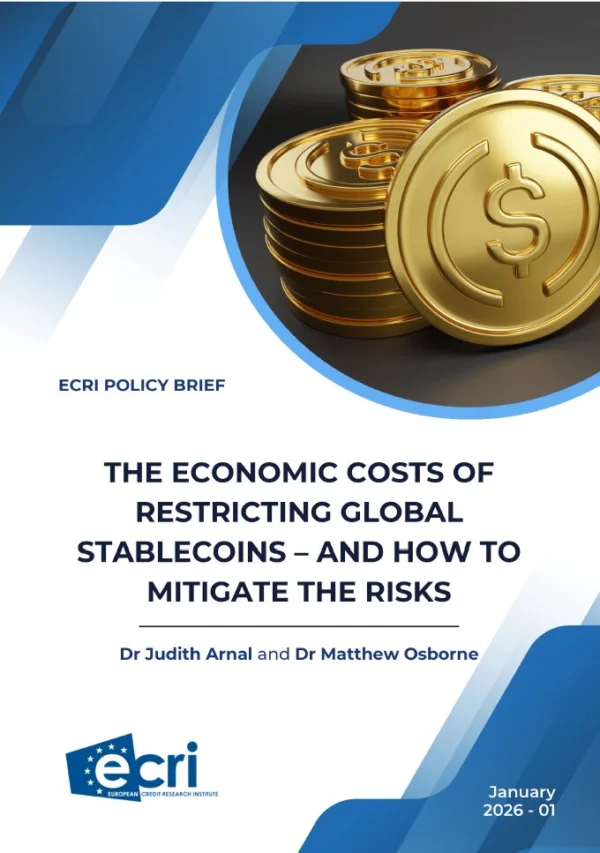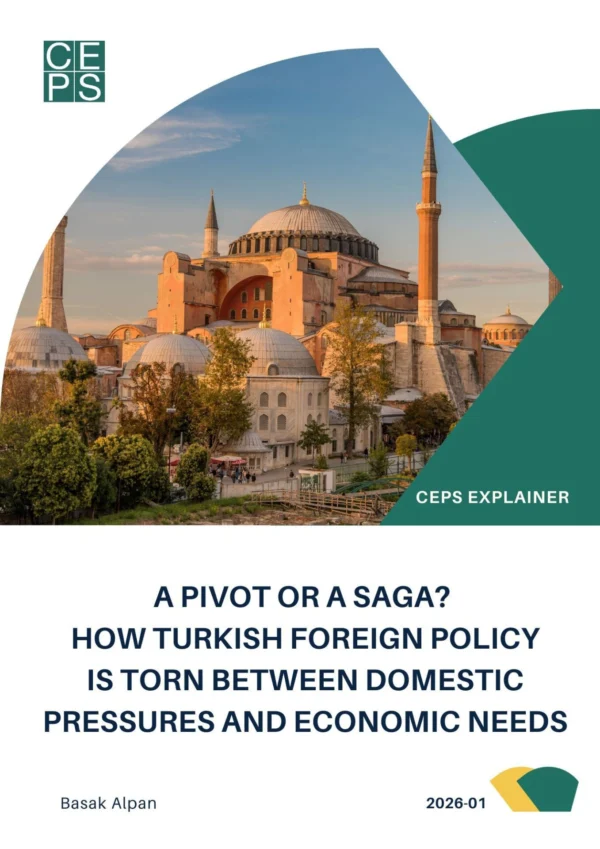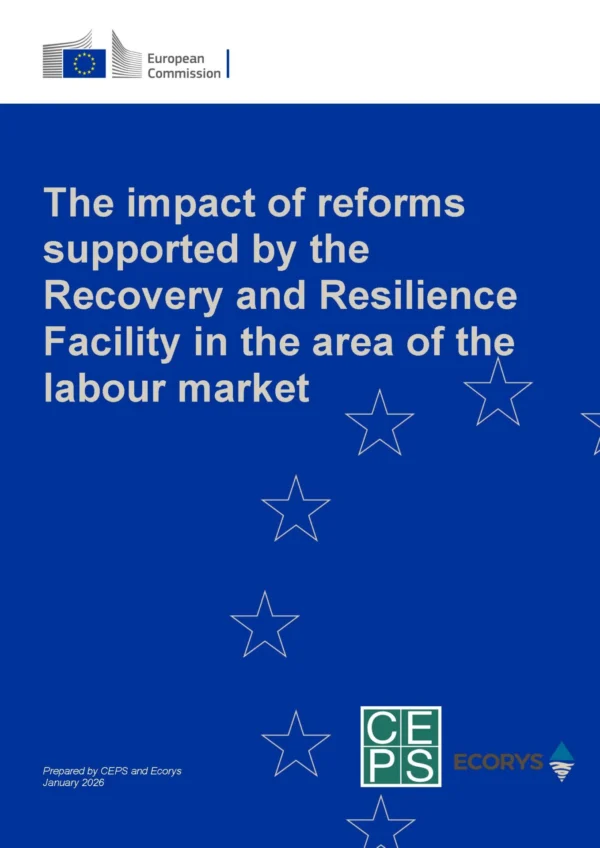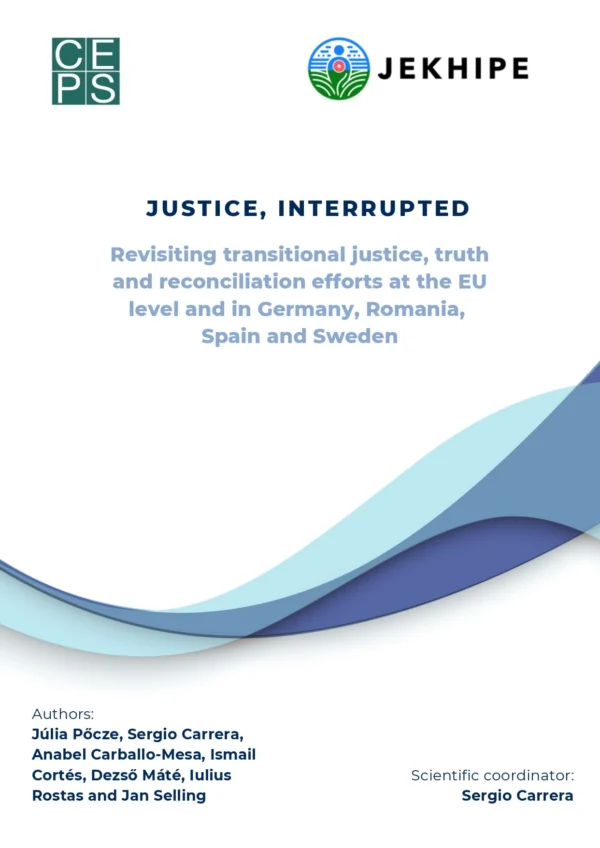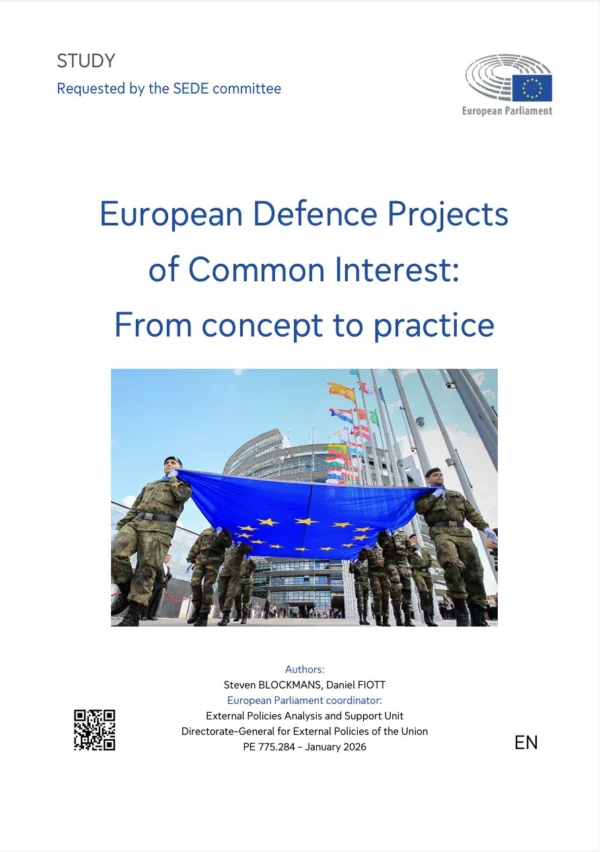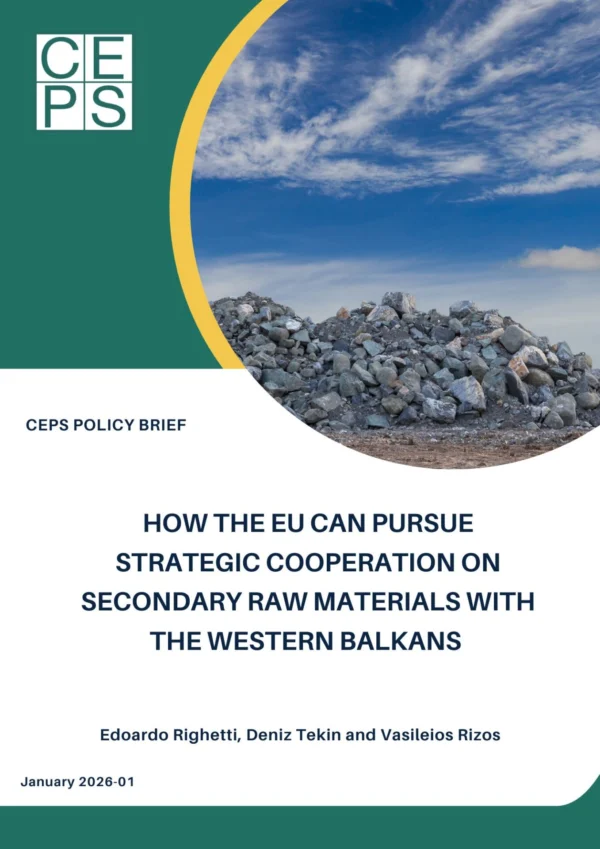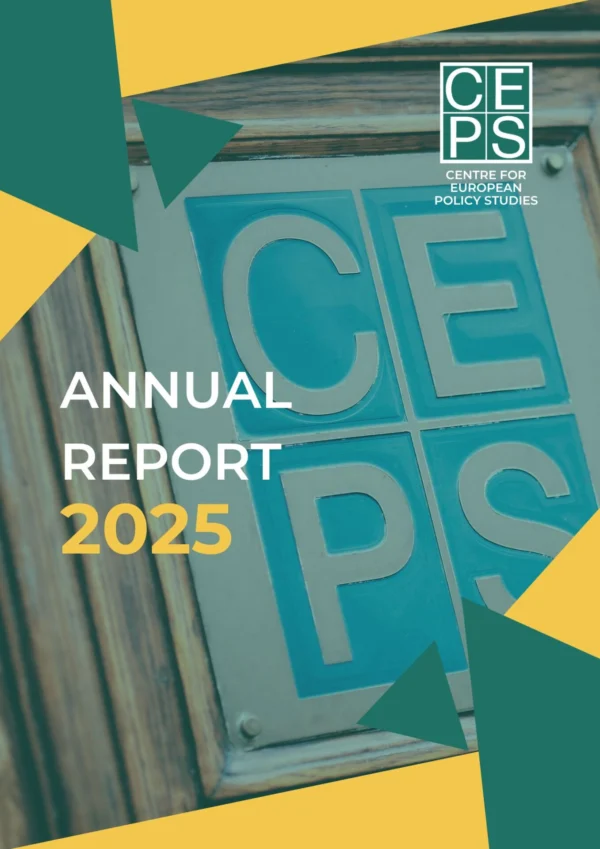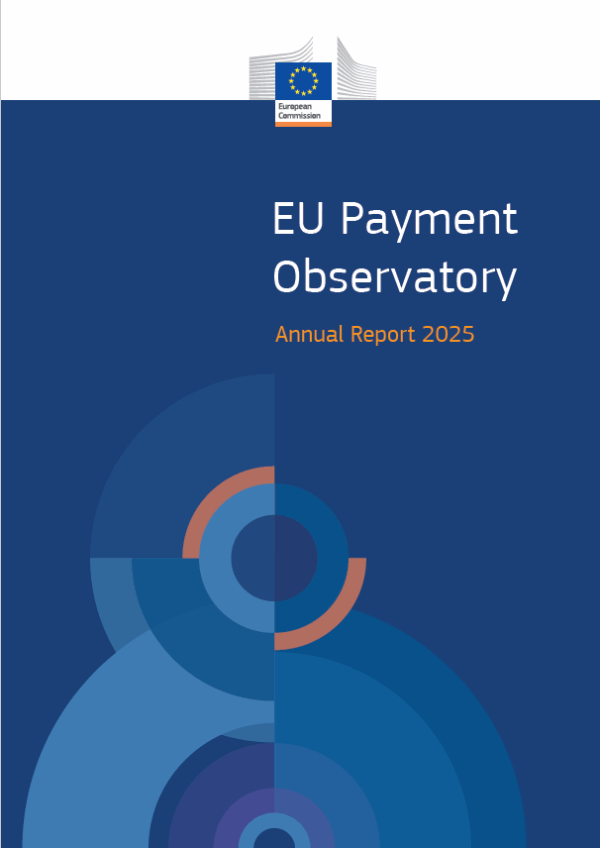Author: Erwan Fouéré
Series: CEPS Commentary
The agreement mediated by the European Union in June/July of last year was aimed at restoring the rule of law in Macedonia, following allegations of criminal activity and abuse of power by senior officials from the government and the ruling VMRO-DPMNE party.[1] It set out a timetable of measures to be taken by the government in addressing many urgent reforms. These included electoral reforms, followed by the organisation of early elections in April this year, and the appointment of a Special Prosecutor to investigate the wiretapping scandal that had revealed shocking examples of corruption at the highest levels of government.
Almost one year later, with many of the commitments under the agreement yet unfulfilled, the country has continued to sink deeper into crisis. Inter-ethnic tensions remain ubiquitous since the tragic events in May 2015 in the multi-ethnic city of Kumanovo, where 18 people, including eight police officers, were killed – the highest number at any one time since the 2001 conflict – in as yet unexplained circumstances.
The lack of any enforcement mechanism deployed by the EU to ensure effective follow-up of all the commitments contained in the political agreement has contributed to an increased sense of impunity by the ruling party. This is nothing new and goes back to the eruption of violence in the Parliament on 24 December 2012, when the opposition MPs and all the media were forcibly ejected from the Chamber. In that case, a belated attempt by the EU (represented by then Commissioner Štefan Füle, together with a delegation of MEPs) to mediate an agreement between the political parties preempted the opposition from carrying out its threat of boycotting the local elections. But the EU failed to ensure effective follow-up of the recommendations from the Committee of Inquiry, established for the purpose of improving parliamentary rules and parliamentary security, with the ruling party refusing to engage in any political dialogue. Despite this unsatisfactory situation, the European Commission stated in its 2013 Progress Report: “Overall the country continues to sufficiently meet the political criteria”,[2] and reconfirmed the recommendation to open accession negotiations. However unintended, this gave the impression that the EU was rewarding the ruling party for its continued flaunting of the democratic process.
Three years later, the country now faces a similar scenario but with a much deeper crisis, with the rule of law seriously undermined and the stability of the country under threat.
The early elections scheduled for April this year were postponed to June, and will be postponed for a second time following the Constitutional Court’s decision on May 17th declaring the dissolution of Parliament to have been unconstitutional. These repeated delays are due to the failure of the government to implement the much-needed electoral reforms, such as proper vetting of a bloated voters list, guarantees for independent media freedom and an end to intimidation of voters.
Protecting the Special Prosecutor from attack
Meanwhile, the Special Prosecutor, Katica Janeva, who was appointed in September 2015, has faced continuous obstacles in performing her work, ranging from deliberate delays in Parliament’s approval of her working budget and obstruction from the State Public Prosecutor to a barrage of verbal attacks from the ruling party, including from its leader and former Prime Minister, Nikola Gruevski. An initiative before the Constitutional Court questioning the legality of her office is still pending. Despite these intimidation tactics and a judicial system heavily weighted in favour of the ruling party (several of the wiretapped conversations reveal direct interference by the ruling party in judicial appointments),[3] the Special Prosecutor launched several investigations against senior government and ruling party officials.
In a dramatic attempt to deliver a mortal blow to the Special Prosecutor, however, the President of Macedonia Gjorge Ivanov issued on April 12th a blanket pardon of 56 senior government and party officials, including the former Prime Minister himself. The Special Prosecutor, already much admired for the serious way she has approached her task, responded by insisting that she would continue with her work to restore the rule of law in the country.
The President’s action was roundly condemned by the international community, which called on the President to withdraw his decision. As underlined by the US State Department: “If implemented, this decision will protect corrupt officials and deny justice to the people of Macedonia.”[4] To date, the President has stood his ground.
The citizens’ revolt
In a phenomenon unusual for Macedonia, the President’s action unleashed a flood of public demonstrations. For over a month now, thousands of citizens of all ages and from all walks of life, including civil society organisations, have marched every day through the streets of the capital, Skopje, as well as many other cities in the country to express their rejection of the ruling party and its authoritarian behaviour.
Under the slogan “Colourful Revolution” (appropriately named for a country that is after all a ‘rainbow nation’, with diverse cultures, traditions and ethnic communities), this spontaneous movement has highlighted the critical role that can and should be played by civil society in resolving the crisis. The marchers have been dismissed by the ruling party as “hooligans” and “sorosoids”[5], the catch-all phrase it uses to define what it regards as “left-wing enemies of the state”. This civic outpouring shows a strengthened demand for greater accountability from the country’s political leadership. The EU should actively support this development and provide a space for civil society in whatever process is established to find a lasting solution to the political crisis.
Can the EU afford failure?
With the political agreement mediated by the EU almost a year ago on life support, there is an urgent need for the EU to step up its mediation efforts. The mandate of the independent expert appointed by the Commission to mediate between the political parties was not renewed after its expiration in March, despite his role in bringing the political parties together and monitoring developments on the ground. The current Commissioner, Johannes Hahn, has not returned to the country since his last visit early this year on January 18th. Mediation efforts have continued but at a low-key level, with both the EU and US Ambassadors conducting bilateral talks with the parties.
As if to fill the vacuum left by the EU, the German Foreign Minister appointed on May 4th a personal envoy, Johannes Haindl, the current German Ambassador to Austria, to deal with the crisis. This was a welcome development in increasing high-level pressure on the political parties. Past experience since 2012 has shown that leaving the implementation of an EU-mediated agreement to the political will of the political leaders without permanent on-site and high-level monitoring from outside simply does not work. Even Commissioner Füle himself recognised this when he questioned “the strength of the democratic institutions” in 2013.
One way of ensuring that the political leadership fulfils its commitments would be for the EU to impose sanctions. Unfortunately, this is not likely to happen as it would require unanimity among the 28 member states, in addition to difficulties in finding the appropriate legal basis for a country currently categorised as an EU accession candidate. But other measures such as postponing the EU-Macedonia Association Council, which normally meets in July, do not require unanimity. Another measure, which would directly target the ruling party, would be to suspend its membership of the European Peoples Party, the largest political grouping in the European Parliament. But the EPP would probably argue that it can better influence the ruling party from within than from the outside. The experience of the past few years, however, has shown that this strategy has failed to produce tangible results.
It is clear that the only chance for a return to the rule of law and lasting stability in the country would be a comprehensive settlement containing the following elements:
- immediate withdrawal of the Presidential pardon;
- immediate withdrawal of the initiative questioning the legality of the Special Prosecutor, currently pending before the Constitutional Court;
- guarantee of full cooperation for the Special Prosecutor to pursue her work;
- establishment of a special chamber in the Criminal Court tasked with adjudicating all the cases presented by the Special Prosecutor, with judges appointed whose independence is above suspicion;
- postponement of the elections until such time as the OSCE/ODIHR deems that all the reforms and the conditions, including a State Election Commission functioning above party politics, are in place to ensure elections free from the irregularities of the past; and
- establishment of a transitional government with an independent non-party political personality appointed as Prime Minister, which would remain in place until elections were held.
Agreement on the above elements should be reached at a meeting of leaders mediated by the EU, together with the US, which should take place in Macedonia, and not in Vienna or anywhere else outside the country, as has been suggested. Holding the meetings in the country would ensure greater transparency and the chance for civil society’s voice to be heard and taken into account.
For a country that was hailed as a success story for EU diplomacy fifteen years ago, following successful mediation in the 2001 inter-ethnic conflict, the fall from grace has been dramatic. It is for the EU to determine whether it wants to go down in history for preserving that legacy or for allowing a candidate country to sink further into lawlessness and rejection of European values.
After having pursued a career spanning 38 years with the EU institutions, during which he assumed various responsibilities, particularly in the EU’s External Service, Erwan Fouéré joined CEPS as an Associate Senior Research Fellow. His research focuses on the EU’s role in the Balkans, seen from various angles (security & stability, enlargement, domestic politics), with a specific focus on Macedonia, where he served for five years in the dual capacity as EU Special Representative and Head of Delegation in the EU External Service.
CEPS Commentaries offer concise, policy-oriented insights into topical issues in European affairs. The views expressed are attributable only to the author in a personal capacity and not to any institution with which he is associated.
Available for free downloading from the CEPS website (www.ceps.eu)
© CEPS 2016
[1] Internal Macedonian Revolutionary Organisation-Democratic Party for Macedonian National Unity.
[2] Enlargement Strategy and Main Challenges 2013-14; Com (2013)700 final.
[3] “Indications of unacceptable political interference in the nomination/appointment of judges as well as interference with other supposedly independent institutions for either personal or political party advantages”, p. 6, Recommendations of the Senior Experts’ Group on systemic Rule of Law issues relating to the communications interception revealed in Spring 2015, Brussels, 8 June 2015.
[4] Statement by US Assistant Secretary and Department Spokesperson, John Kirby, Washington, D.C., 13 April 2016.
[5] A reference to the Open Society Foundation of George Soros, which has long been the bête noire of the ruling party.



